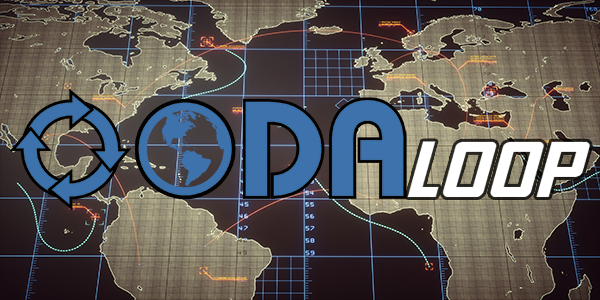Researchers at the University of Southern California (USC) in the US turned to an often overlooked particle for storing and processing quantum information to overcome the fragility of quantum computers and make them more universal in the near future. Positioning one such particle in a quantum computer can help overcome errors in quantum computing, a university press release said. The age of quantum computing promises computations at speeds that will make even the fastest supercomputers of today appear like snails. These computers leverage quantum properties of materials to store information in quantum bits or ‘qubits’. Unlike binary bits that occupy either a 0 or 1 position, qubits can occupy a whole range of positions in between, allowing them to store and process more information. The hurdle with large-scale deployment of these systems is that they are extremely fragile and can be easily disrupted by their environment. These disruptions add errors to the computation, which accumulate faster in quantum systems, making them unreliable without error correction. Researchers have been working on various strategies for error correction, with topological quantum computing being one of the most promising approaches. In this approach, researchers work to secure quantum information by encoding it into the geometric properties of exotic particles called anyons. Predicted to exist in two dimensions, anyons are considered more resistant to noise and interference than other qubits, with Ising anyons leading the development of these quantum systems.
Full study : US researcher finds missing particle that makes quantum computing fully possible.
